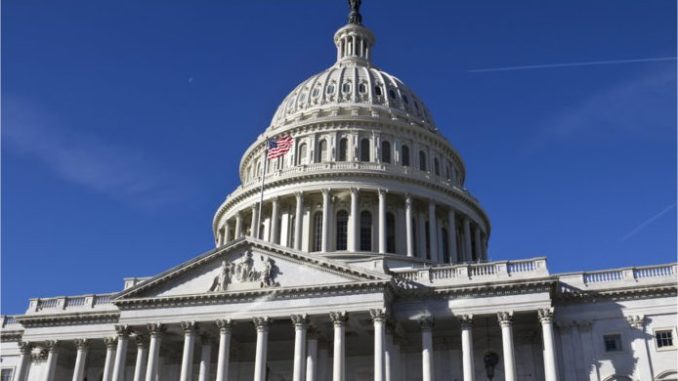Federal Jurisdiction
Federal Jurisdiction – when does a federal court have federal jurisdiction over a criminal charge? Jurisdiction is the power for a court to decide a matter, whether the matter is criminal or civil. If a court does not have jurisdiction, they cannot make a legally binding decision on a matter.
Federal jurisdiction is an important consideration when dealing with federal criminal defense. Federal courts have jurisdiction over federal crimes.
What is federal jurisdiction as opposed to state jurisdiction?
While state courts have jurisdiction over state criminal charges (click here to read about criminal jurisdiction in state courts), federal courts have jurisdiction over federal charges. Any North Carolina criminal defense attorney can practice law in North Carolina federal courts. They simply must go through a process and be sworn in.
Federal courts are not necessarily “above” state courts. They simply exercise a different jurisdiction than state courts. Click here to read about how and when a case may become a federal crime.
What is concurrent jurisdiction?
With regard to criminal law, there are times that more one government entity has a jurisdiction over a crime that was committed. This means that if a crime was committed in North Carolina, both the state of North Carolina and the federal government may have jurisdiction. This situation is known as concurrent jurisdiction.
- Example: – Someone commits a murder at a hotel near the airport in North Carolina. The state of North Carolina would have jurisdiction because the crime itself occurred in North Carolina. The Federal government would be able to take over jurisdiction in this case by using the commerce clause. Since this occurred at a hotel near the airport, it can be found to affect interstate commerce.
In what cases do federal courts take over jurisdiction from state courts?
Due to the instances of concurrent jurisdiction we described above; sometimes a criminal case can start out in state court and end up being completed in federal court. In North Carolina, this typically happens with high level drug cases (ex. some drug trafficking cases that involve interstate transactions).
If the federal prosecutors become aware that there are sufficient facts in a state case that allow for federal jurisdiction to be obtained, they often do so. When this occurs the state, charges are dismissed by the district attorney’s office and then the defendant is re-indicted in federal court.
What are the consequences of state case going federal?
When a criminal case becomes federal, federal rules and federal law apply. This includes federal sentencing and federal detention. Often the consequences are much more serious and harsher than they would have been in North Carolina State Court.
If you have been charged with a federal crime in North Carolina or if you have been charged with a federal crime in South Carolina, contact us.
